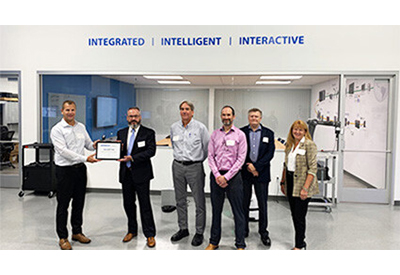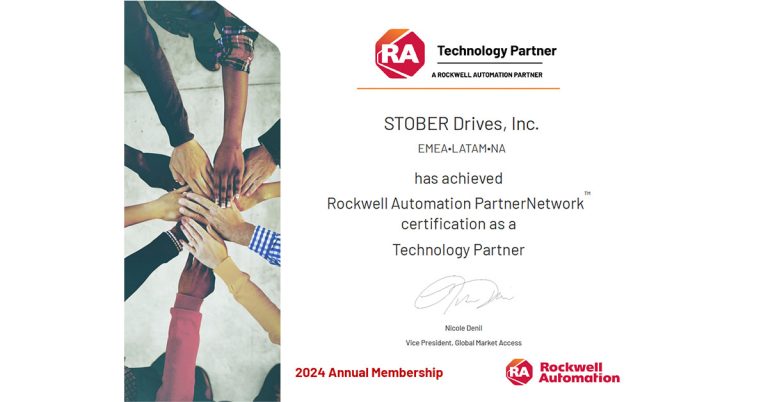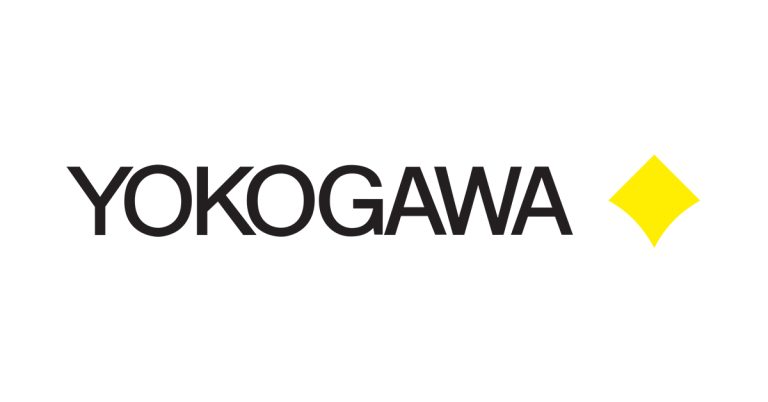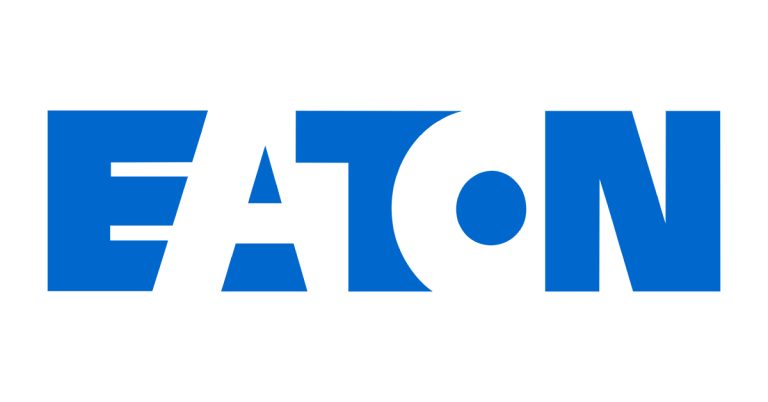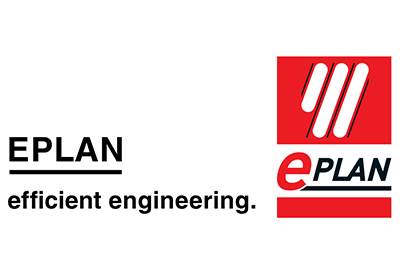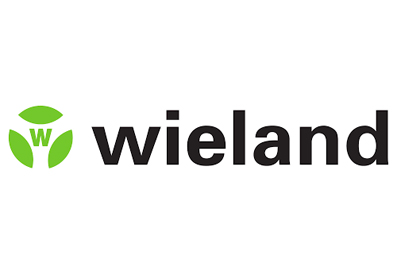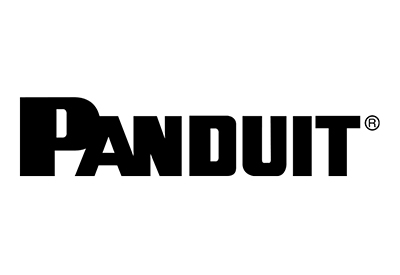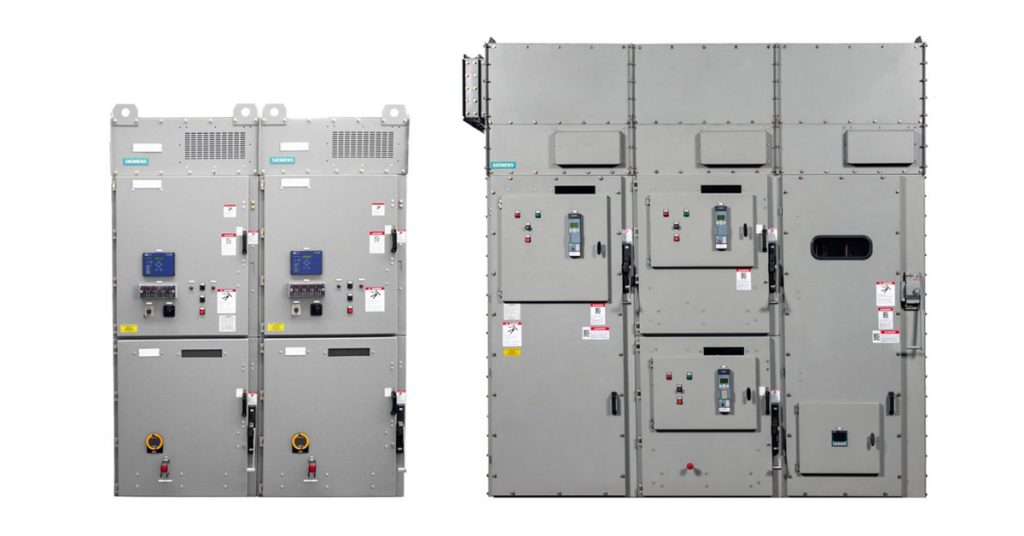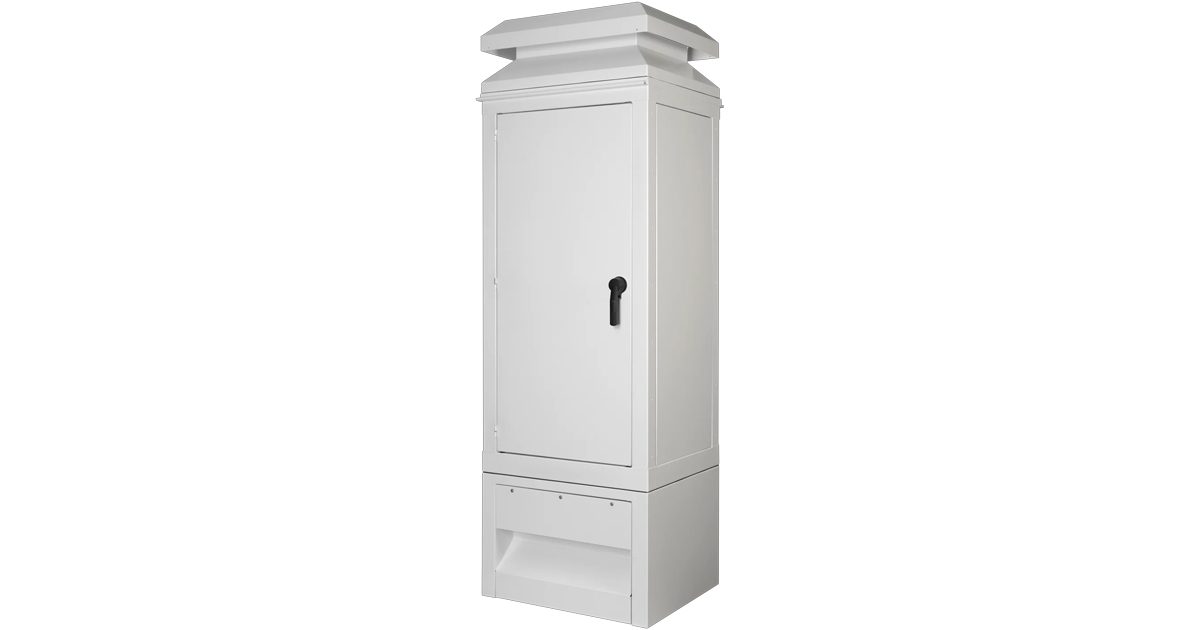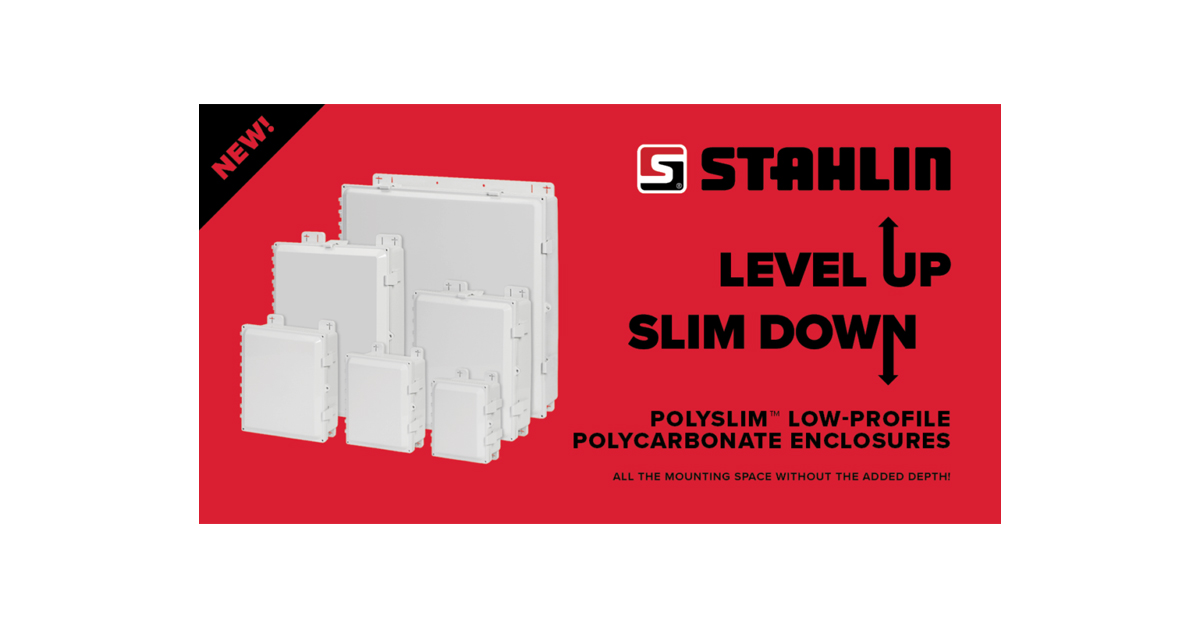How the Automotive Technology Showcased at CES Could Impact Vehicle Manufacturing
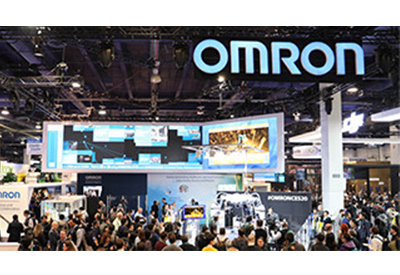
January 25, 2021
Which automakers are best poised to succeed in the future of mobility? That’s the question that prompted the appearance of many of the world’s top automotive manufacturers – including Ford, Honda and BMW – at major technologies shows like CES 2020 in Las Vegas.
As third-time presenters at the show, Omron embraced the opportunity to learn more about automotive companies’ bold visions of the future and consider the ways in which their automation technologies can help these visions become reality.
Perfecting the in-vehicle experience
Today’s consumers no longer see cars as just a means of transportation or a status symbol. The “in-vehicle experience” – including blind spot monitoring, connectivity, advanced automotive seat design and other aspects that impact the way drivers and passengers experience the vehicle – is gaining momentum and will continue to do so as autonomous driving takes hold.
BMW took this trend to the maximum with a new design that turns the interior car space into a luxurious, mobile roomette for one driver and one passenger – essentially, a purpose-built vehicle for travel with a chauffeur. The passenger can enjoy a large, cozy seat with a footrest, a screen that flips down from the ceiling and a “personal sound zone” for added privacy.
Other in-vehicle experience demos at CES included GM’s integration of the Alexa voice-controlled virtual assistant from Amazon into a new Cadillac CT5 and Honda’s new “Smartphone as Brain” technology that lets people safely use their phones while driving.
Bringing electric vehicles to the mass market
As concerns about the environment take front seat, many automakers are working quickly to develop electric vehicles that the average consumer will find appealing. For cleaner technologies to gain traction, they need to be affordable, reliable, and in no way inferior to other, less-sustainable options.
Electric vehicles on display at CES 2020 included Ford’s 2021 Mustang Mach-E crossover, Fisker’s Ocean all-electric crossover, and Nissan’s Ariya electric crossover concept. Each of these vehicles is expected to have a 300-mile battery range, and the Ariya can go from 0 to 60 mph in less than five seconds.
Preparing for a multi-mode ecosystem of autonomous vehicles
Things got even more interesting as automotive manufacturers began to imagine the future of mobility not just as a collection of individual cars, but rather as a coordinated ecosystem of purpose-built vehicles that work together autonomously to bring people to their destinations, make deliveries, and even provide a mobile workstation just for kicks.
Perhaps the most elaborate and far-reaching depiction of the future came from Toyota, which unveiled its Mobility Services Platform (MSPF) that looks toward the next 100 years and beyond. Toyota envisions a versatile suite of flexible vehicles that function as a whole to provide a fully-connected mobility solution for any need that may arise.
Not to be outdone, Hyundai let its vision soar with a flying vehicle concept that could evolve into a system of flying taxis. It also showcased a flexible vehicle prototype incorporating some elements of autonomous driving.
What this all means for manufacturing
Given all the demands for versatility and customization, it goes without saying that flexibility will also be paramount on the factory floor. In order to provide drivers with the in-vehicle experience of their choice, automakers must be ready to produce a variety of cars in a way that minimizes downtime from changeovers.
Manufacturing flexibility, in turn, creates a need for better traceability. Flexible systems are inherently more complex than production lines dedicated to a single product, and it’s essential to completely and accurately track all vehicle components. Traceability systems using barcode readers, RFID technology or machine vision (or a combination of these) will be paramount.
The added complexity of next-generation vehicles will create an even greater need for ensuring the viability of each part and the correct placement of components during assembly. Verification systems for labels and direct part marks will only grow in importance as the cars of the future take on more capabilities to enhance the in-vehicle experience.
![]()
https://automation.omron.com/en/us/blog/automotive-manufacturing-technology-ces-2020

